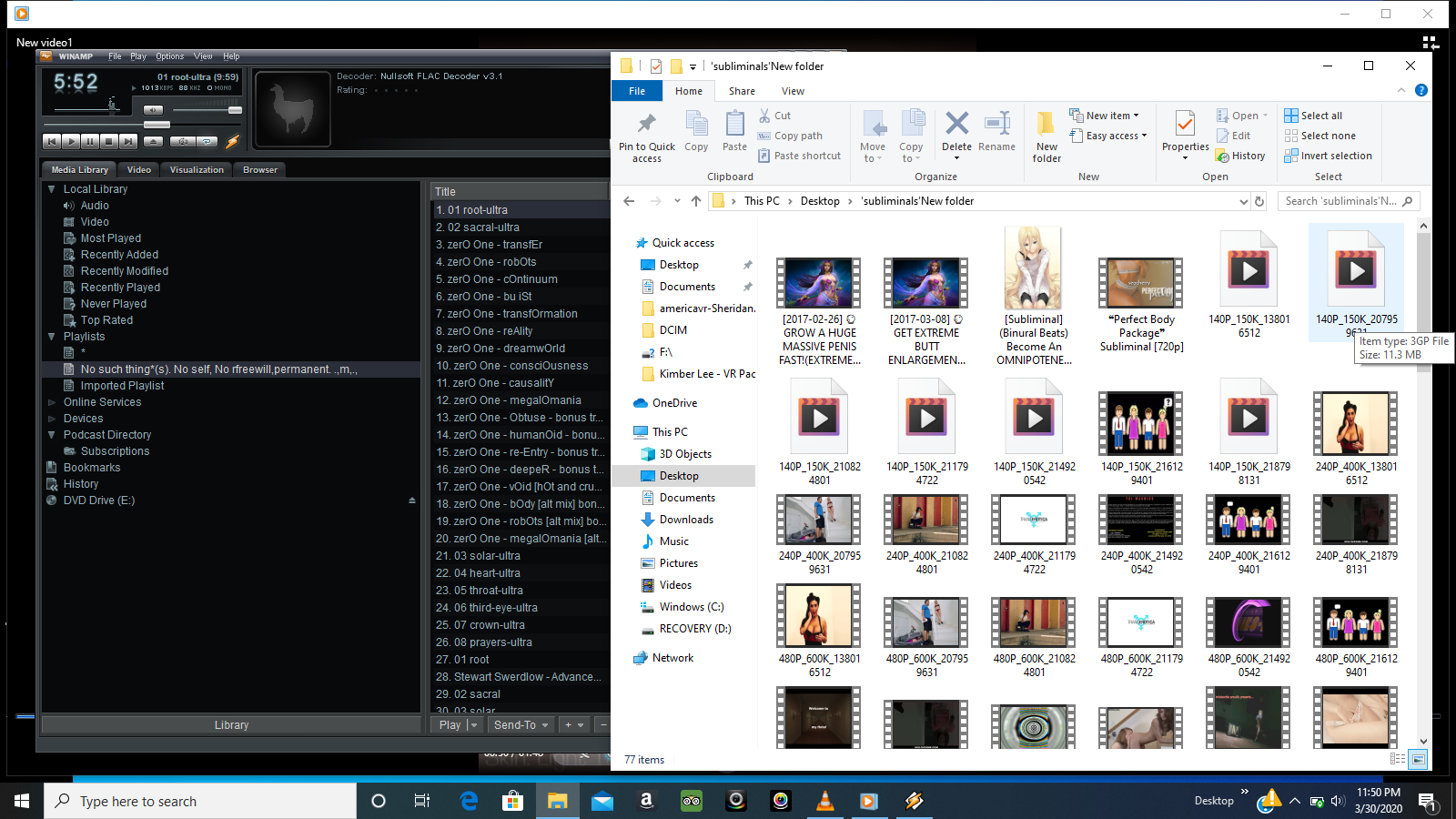

Note that Microsoft has nothing to do with this. In this case, they attempt to give the impression that they are Microsoft support team members. Typically, cyber criminals who these fake virus alerts claim to be representatives of the operating system's support team (depending on the operating system). To make the scam even more believable, the malicious website starts automatically downloading random files (which are harmless) to make the browser crash. Scammers use a number of identical websites that display fake virus alert messages, the only difference being the contact number provided (one example urges users to contact scammers via " +1-84"). To prevent data damage or financial information tracking, users are urged to contact the 'support team' via the telephone number, " +1-85". The deceptive website itself gives the impression that it is legitimate and the virus alert comes from Microsoft Support.
#Classic shell this app has been blocked for your protection registration
Most infiltrate systems without users' consent.Īs stated in the "This computer is blocked" pop-up window, the user's computer is blocked due to one of several reasons: the operating system registration key is illegal the browser window is using pirated software or proliferateing viruses, or it is hacked and being used from an undefined location.Īccording to the scammers, the computer is blocked for security reasons. Typically, users do not visit websites of this type intentionally - potentially unwanted applications (PUAs) redirect them to it.Īs well as redirects to deceptive web pages, PUAs deliver ads and gather browsing-related (and other) data.


"This computer is blocked" is a fake virus alert that occurs only when visiting an untrustworthy/deceptive website.


 0 kommentar(er)
0 kommentar(er)
